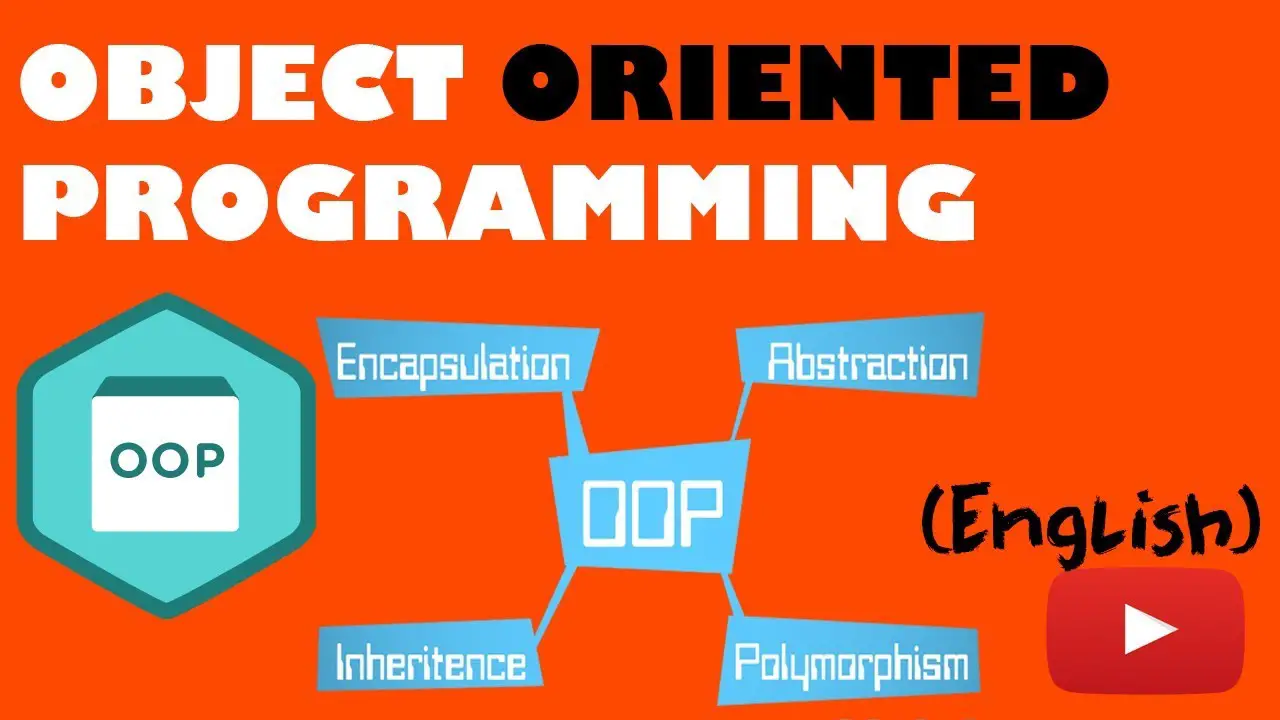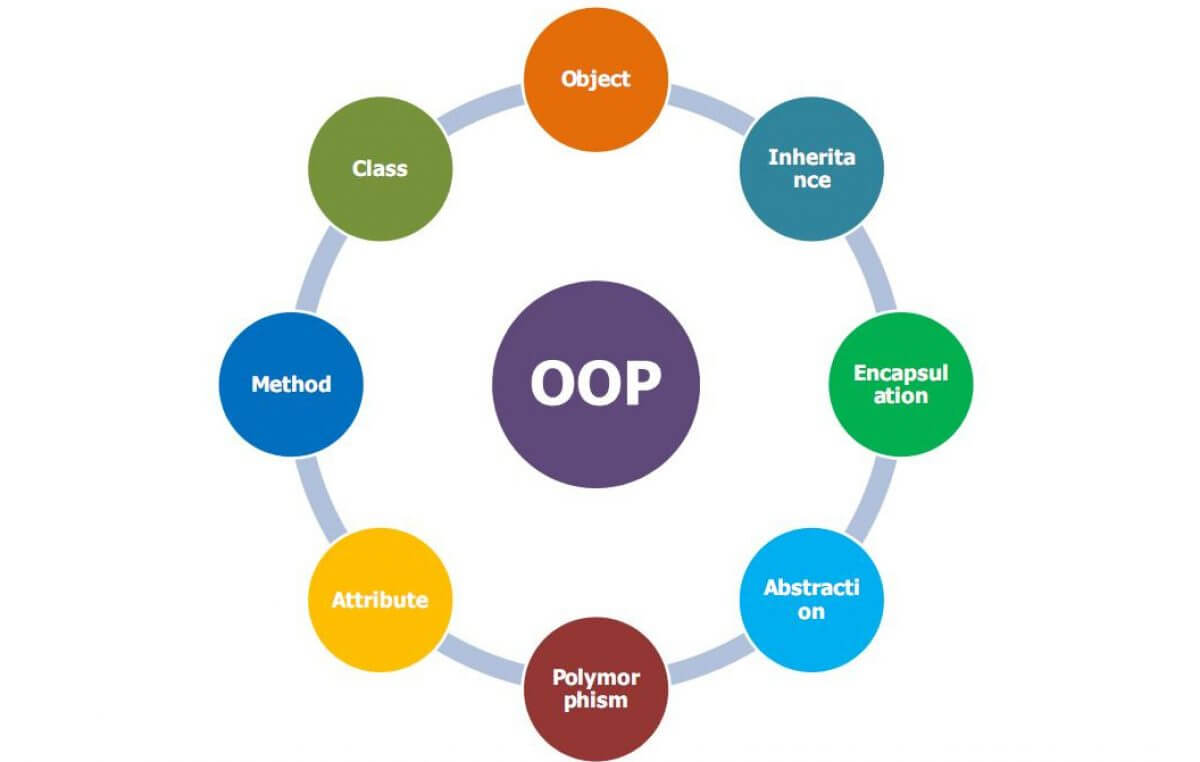Object-oriented Programming Simplified: Concepts And Examples

Executive Summary

Object-oriented programming (OOP) is a paradigm that defines programs as a collection of objects – a group of related data and functionality packaged together. It is based on several concepts such as Encapsulation, Abstraction, Inheritance, and Polymorphism. Ultimately, OOP aims to imitate and simplify the real world by programming objects that contain both data and functions.

Introduction
Object-oriented programming (OOP) is a powerful programming paradigm that allows developers to structure code in a way that mimics real-world entities and relationships. By organizing code into objects, OOP makes it easier to design, implement, and maintain complex systems. In this article, we will explore the fundamental concepts and principles of OOP, providing a comprehensive guide for beginners and a refresher for experienced programmers.
Encapsulation
Encapsulation is the bundling of data and methods that operate on that data within a single unit, called an object. By encapsulating data, we can hide the implementation details and protect the data from external interference.
- Data Hiding: The internal state of an object is hidden from other objects, making it more secure and less prone to errors.
- Modularity: Encapsulation promotes modularity, allowing developers to work on individual objects without affecting the rest of the system.
- Information Security: It enhances program security by controlling access to data and preventing unauthorized modifications.
Abstraction
Abstraction is the process of hiding the implementation details of an object from the user. It allows us to create classes and interfaces that define the functionality of objects without exposing their internal workings.
- Class Interfaces: Classes define the structure and behavior of objects, allowing users to interact with objects without knowing their implementation.
- Polymorphism: Polymorphism allows objects of different classes to respond to the same message in a uniform way.
- Code Reusability: Abstraction promotes code reusability by isolating implementation details and allowing different parts of the program to operate independently.
Inheritance
Inheritance is the ability for a new class (child class) to inherit the properties and methods of an existing class (parent class). It allows us to create new classes that inherit and extend the functionality of existing classes.
- Code Reusability: Inheritance reduces code duplication by allowing child classes to inherit methods and attributes from parent classes.
- Code Maintainability: It improves code maintainability by centralizing common functionality in parent classes.
- Polymorphism: Inheritance enables polymorphic behavior, where objects of different child classes can be treated as objects of the parent class.
Polymorphism
Polymorphism is the ability of an object to behave differently based on its class. It allows us to write code that can handle objects of different types in a uniform way.
- Method Overriding: Child classes can override methods inherited from parent classes, providing their own implementation of those methods.
- Method Overloading: Classes can define multiple methods with the same name but different parameters, allowing for overloaded functionality.
- Dynamic Binding: Polymorphism allows the compiler to determine which method to call at runtime based on the actual object type.
Conclusion
Object-oriented programming is a powerful paradigm that enables the development of complex, modular, and maintainable software systems. By embracing the concepts of Encapsulation, Abstraction, Inheritance, and Polymorphism, developers can create programs that mirror real-world entities and relationships, leading to more intuitive and efficient code.
Keyword Tags
- Object-Oriented Programming
- OOP Concepts
- Encapsulation
- Inheritance
- Polymorphism

Realy great post! I learned a lot about OOP concepts and examples. Thanks for sharing!
This post is too superficial and doesn’t provide any in-depth information about OOP. I was expecting more examples and code snippets.
I found this post to be very informative. It provides a good overview of OOP concepts and includes some helpful examples. However, I would have liked to see more discussion of inheritance and polymorphism.
I disagree with the author’s claim that OOP is the best programming paradigm. I believe that functional programming is a more powerful and elegant approach.
Oh wow, another article about OOP. How original.
This post is so helpful, I can’t wait to use all these new OOP concepts in my next project. (sarcasm)
I’m not sure I understand OOP, but I’m sure it’s a very serious and important topic. (insert confused emoji)
Can someone explain to me what the difference between a class and an object is?
I’m new to programming and I’m not sure what OOP is. Can someone give me a quick overview?
I’m so excited to learn more about OOP! I’ve heard it’s a very powerful programming paradigm.
I’m not sure if OOP is the right approach for my project. Can someone give me some advice?